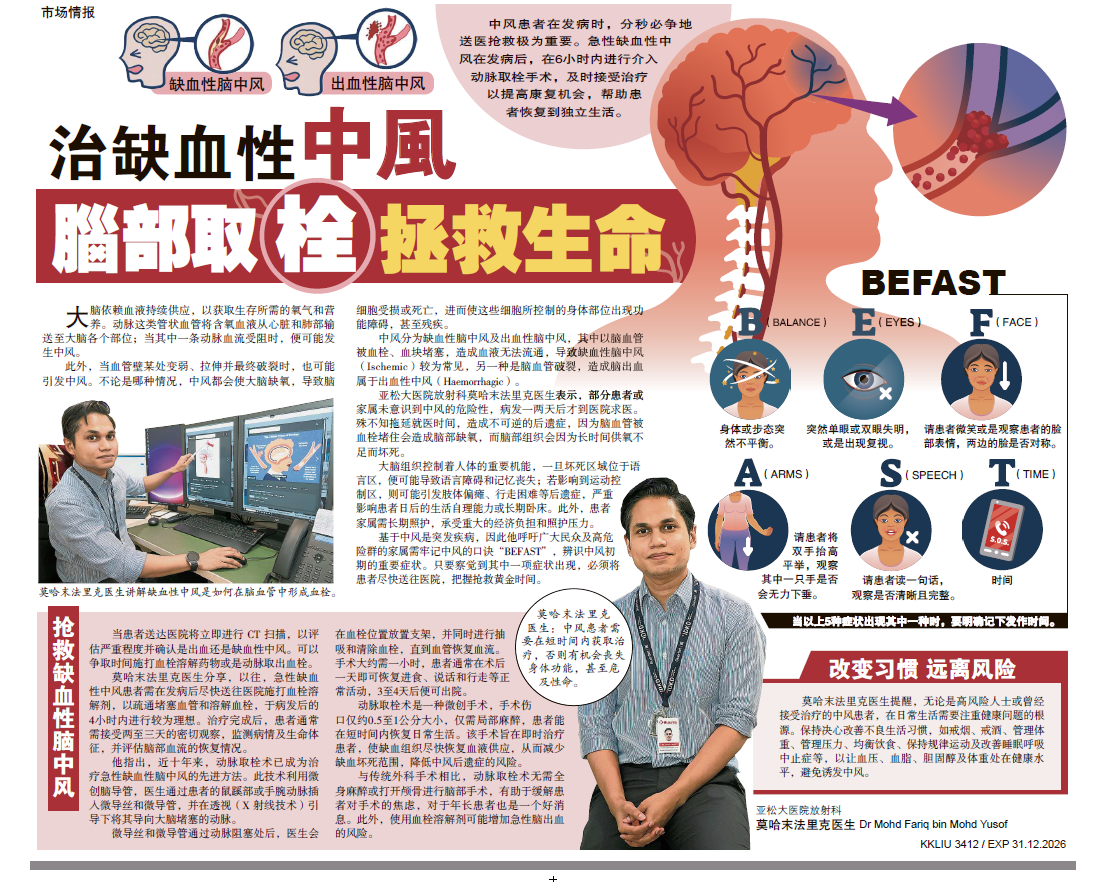Most patients would be emotionally and psychologically disturbed when they receive a diagnosis stating that surgery is required. Whether it is a major open surgery or a minor endoscopic (keyhole) surgery, the thought of going under the knife sends shivers down the spine of patients and sometimes their family members.
Being aware of these psychological upheavals and offering some form of relief in the form of counselling or medications is what differentiates a surgeon as a doctor instead of the surgeon as a technician. Surgeons must know and understand the psychological distress of surgery and provide ample assistance whenever required pre and post surgery.
It is sometimes easier said than done because patients and their caregivers may not be aware of their unstable mental and emotional conditions. On top of that, psychological distress is not measurable in certain terms such as getting an x-ray or blood test. It requires a large amount of trust for patients and caregivers to share their concerns and anxieties with their healthcare providers especially the surgical team.
As such, a healthcare team that is caring and empathetic can make a lot of difference in relieving the anxieties of patients and caregivers. It all starts with recognising signs of emotional distress, pre or post surgery, and taking the initiative to talk to the patient about his/her feelings.
The most common psychological issues affecting patients and caregivers before and after surgery are:
Depression
Depression may or may not be related to the medical condition at hand. If the depressive state is related to or is the result of the medical condition, surgery can commence immediately, as getting the surgery will resolve the illness that is making the patient depressed.
For instance, a patient with a persistent pain in the abdominal area is frequently depressed, irritated and emotional, out of fear that it may turn out to be a fatal condition. The diagnosis may be a growth of some sort, which will resolve the problem. After surgery, the patient’s depression is usually relieved, because its source has been eradicated.
On the other hand, if a patient has an existing problem with depression and requires surgery to correct a growth in the abdominal cavity, it is advisable to first treat the depression with medical or non-medical therapies before doing the surgery. This is to ensure that the patient will be able to handle post-operative depression resulting from pain, loss of mobility or independence and possibly financial loss.
Depression after surgery is common but is usually temporary. Nursing staff, family members and friends can support the patient by providing a listening ear, helping with physical matters such as housework, childcare and fetching the children to school or tuition. Antidepressants or other drug therapies are usually unnecessary.
However, patients who express suicidal intentions need to be assessed immediately by a psychiatrist as it constitutes an emergency. Do not take threats or mention of suicide lightly as it is often a call for help.
Anxiety
High levels of anxiety can lead to other physical symptoms such as insomnia or night awakenings, irritability, fatigue or loss of appetite. Anxiety from surgery is usually the result of two things – a previous bad experience from a similar or related surgery, or poor understanding of the intended procedure.
Examples of bad experiences include having a claustrophobic attack during a MRI scan or waking up too soon in the middle of a procedure. Some patients may also have existing phobias for needles, blood, anesthesia or surgical knives.
These phobias should be addressed early and managed well by the nursing team before the procedure. As such, patients must inform the nurses and doctors of any anxieties or fears early so that interventions in the form of medications or calming sedatives can be given.
Sufficient and detailed information will help defuse the anxieties of patients who fear the unknown in their procedure. Showing them a video or talking to someone who has been through the procedure will help them feel less afraid once they know what to expect.
Palliative Care and Bereavement
Some surgeries are conducted with the purpose of providing palliative care, which is to make the patient more comfortable in the terminal stages of their disease. Patients (and sometimes their caregivers or family members) facing the prospect of death typically go through five emotional stages – denial, anger, bargaining, depression and finally acceptance. They may go back and forth between the stages, and the time taken from one stage to another differs greatly between individuals.
This explains why some patients or their relatives sometimes react aggressively with the healthcare personnel when they receive news of an incurable disease such as cancer. This behaviour may be one of their ways for them to deal with the situation. The anger will later subside as they move to another stage of their grief process.
Healthcare personnel, caregivers, relatives and friends need to allow the patient the space and time to come to terms with their condition until they reach the acceptance stage.
It can be challenging to be kind, supportive and understanding when a patient or loved one is behaving badly such as throwing tantrums, refusing food and medicine or generally being a pain. However, the kindness rendered at this point is critical to help the patient.











